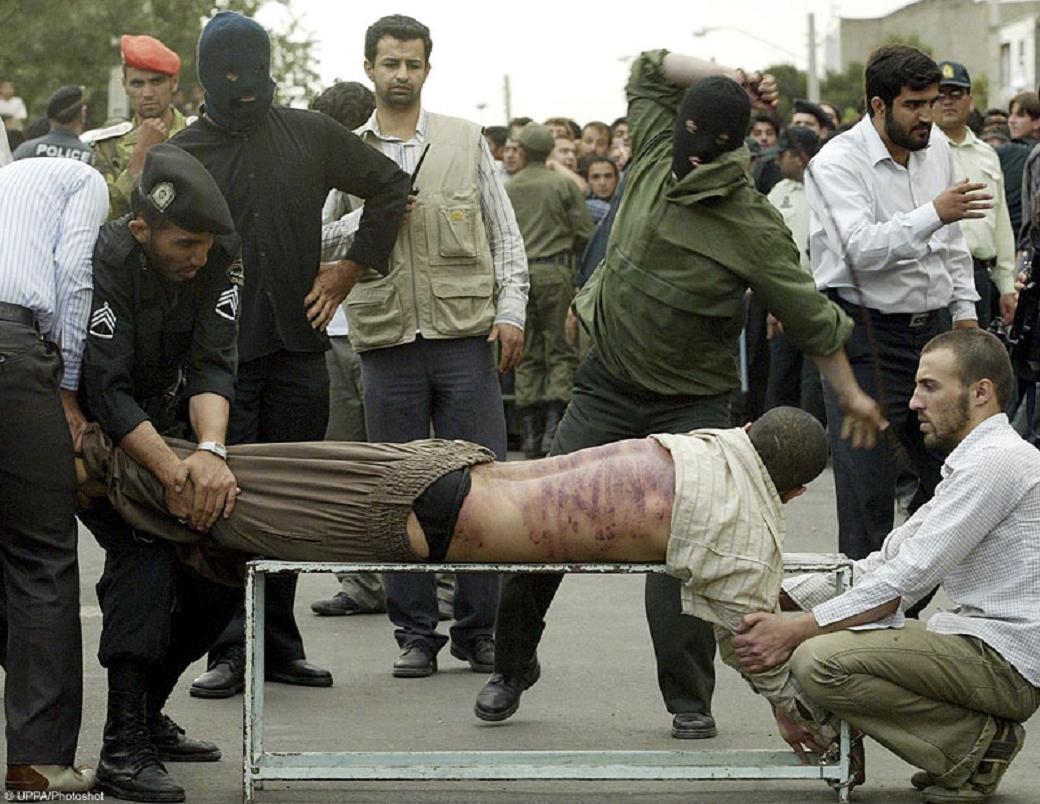Dispatch International
December 21, 2013

A majority of Muslims want sharia law to take precedence over the secular laws of their European host countries. This according to a new survey WZB Berlin Social Science Center based on interviews with Muslims in six countries including Sweden. The survey ought to raise eyebrows among Western politicians say researchers.
Turkish and Moroccan immigrants to Austria, Belgium, France, Germany, Holland and Sweden were asked three questions:
- Is sharia is more important to you than the laws of the land you are living in? (Yes: 66 percent).
- Do you think there is only one legitimate interpretation of the Koran that should be binding on all Muslims? (Yes: 75 percent).
- Do you think Muslims ought to return to the ”Islams roots”? (Yes: 60 percent).
Those who answered yes to all questions were labeled ”consistent fundamentalists” – and they make up 44 percent of all Muslims covered by the survey. Fundamentalist attitudes are equally prevalent among younger and older Muslims.
According to the study (which was conducted in 2008, but not published until now), the situation is worst in Austria. 73 percent of Austrian Muslims of Turkish and Moroccan descent consider sharia to be more important than secular laws, 70 percent think there is only one correct interpretation of the Koran and 76 percent want Muslims to return to their Islamic roots. In total 55 percent of the Austrian Muslims covered in the survey answered yes to all three questions.
The author of the report, the Dutch sociologist Ruud Koopmans, says that the study reveals a remarkably similar picture as that presented in other German studies, e.g., Muslime in Deutschland (Muslims in Germany) from 2007, which documented that 47 percent of German Muslims considered religious rules to be more important than democracy – the exact same percentage which the new study shows would prefer the laws of the Koran to German laws.
Equally frightening is study’s conclusion that there is a great deal of Muslim enmity towards other groups. 60 percent of the surveyed Muslims say that they refuse to have homosexual friends and 45 percent answer that one cannot trust Jews.
Even here the Austrian Muslims stand out. 69 percent of them won’t accept homosexuals as friends and 63 percent say that Jews are not to be trusted. 66 percent claim that the West tries to destroy Islam.
For the sake of comparison, non-Muslim Europeans were questioned about their suspicion of Jews (8 percent said yes), homosexuals (10 percent), Muslims (21 percent). 1.4 percent harbored suspicions against all three groups.
As Koopmans sees it, Muslim fundamentalism is not ”an innocent form of strict religiosity. …
Whereas about one in five indigenous Europeans may be deemed Islamophobes, the degree of anti-Western phobia among Muslims – for which there, strangely, is no name, but might labeled Occidentophobia [the Occident = the West] – is much higher: 54 percent believe that the Western world aims to wreck Islam.
”These results”, Koopmans continues, ”clearly contradict what one often hears – that Islamic fundamentalism is a marginal phenomenon in Western Europe and that it is no different from the degree of fundamentalism among the Christian majority. Both of these claims are obviously false as almost half of the European Muslims want Muslims to return to Islam’s roots, think that there is only one interpretation of the Koran and that its laws are more important than secular laws. Among indigenous Christians, less than one in 25 can be characterized as a fundamentalist in this sense. Besides, religious fundamentalism is not an innocent form of strict religiosity as evidenced by the way its adherents view people outside their group.”
Koopmans continues:
”Both the extent of Islamic religious fundamentalism and its concomitants – homophobia, Anti-Semitism, and ’Occidentophobia’ – ought to cause serious uneasiness among politicians as well as Muslims civic leaders. Of course one cannot equate religious fundamentalism with a willingness to support or participate in religiously motivated violence. But in view of its strong connection with enmity towards other groups, it is highly likely that religious fundamentalism constitutes a breeding ground for radicalization.”
Commenting on the study, the German paper Die Welt notes that the results cast serious doubt on the unbridled optimism professed by Europe’s multiculturalists, who assert that in time, Muslim fellow citizens will embrace the West’s liberal and democratic way of thinking.
”The study does not lend itself to simplistic conclusions”, writes Die Welt. ”But it must be realized: Democracies must watch out for those who consider free societies as something that must be vanquished.”
A growing number of European voices warn against the increasingly aggressive attempts by Islamic organizations like the OIC – with 57 Muslim countries – to pressure Western politicians to criminalize all criticism of Islam < http://www.gatestoneinstitute.org/4088/islamophobia-oic-free-speech>.
The German think tank, the Gustav Stresemann Foundation (whose prime objective is to preserve and develop liberal democracy in Europe) has published a report by the political scientist Felix Strüning, who accuses the German authorities of giving in to the pressure from Islamic organizations by accepting the Muslim definition of ”Islamophobia” and thus spreading uncertainty as to ”who may say what about Islam and Muslims in Germany”.
The German authorities have already admitted < http://www.gatestoneinstitute.org/2752/germany-silence-islam-criticism> that they are monitoring German Internet sites that are critical of Muslim immigration and the Islamization of Europe.
Felix Strüning:
”Critics of Islamic ideology and its organizations are constantly being dragged into court and must defend themselves against accusations of blasphemy and incitement to hatred. Even if they are acquitted, such proceedings cost time and money and may either cause you to loose your reputation or perhaps even your job. In other words, the West is accommodating sharia law.”
Even today Germans can observe how the so-called ”spiral of silence” works in the case of Islam.
”In a representative German study more than half of those asked admitted that they dared not publicly criticize Islam or Muslims,” Felix Strüning notes.
 Daily Stormer The Most Censored Publication in History
Daily Stormer The Most Censored Publication in History


